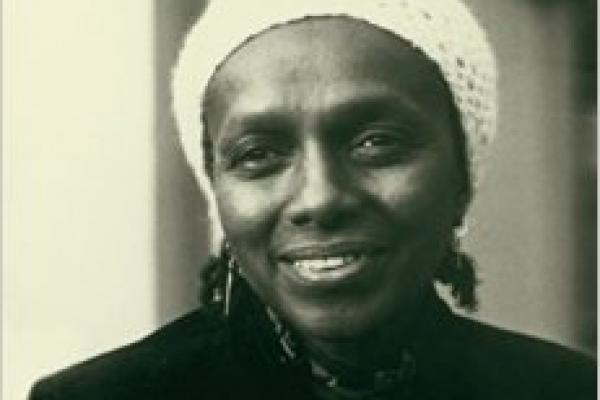Rosemarie Freeney Harding describes the reaction of her friend—Albany, Georgia-based civil rights leader Marion King—to a physical attack.
In the summer of 1962, in the middle of the Albany campaign, Marion and I were both pregnant. During the campaign, Marion often visited movement workers who were jailed in local facilities throughout Dougherty and Terrell counties—taking them food, checking on conditions where they were kept, relaying messages. On one occasion as she exited a jail, a policeman who felt she was not moving fast enough kicked her in the back so that she fell to the ground. Marion fell so hard that she lost the baby.
Read the Full Article

Already a subscriber? Login
